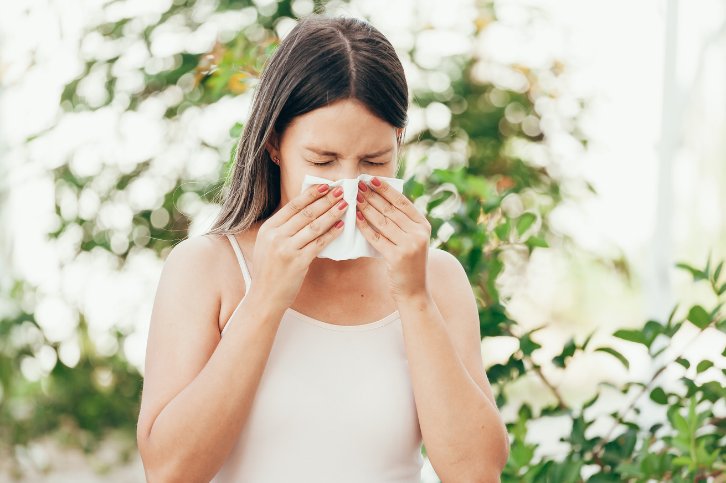How Weather Affects Allergies
Do your eyes water on windy days? Are you usually stuffy when it rains? That's no wonder. Weather is a common hypersensitive reaction cause.

The connection between your signs and symptoms and the climate relies upon what you’re allergic to. Here are a few common triggers:
• Dry, windy days. The wind blows pollen into the air, inflicting hay fever. If you have pollen allergies,
Close the home windows and live interior on windy days.
• Rainy or humid days. Moisture makes mold grow, both indoors and out. Dust mites also thrive in the humid air. But in case you're allergic to pollen, humid or damp days are desirable. The moisture weighs down the pollen, maintaining it at the ground.
• Cold air. Many people with allergic asthma find that bloodless air is trouble, particularly after they exercise outdoor. It can trigger coughing in shape.

• Heat. Air pollutants are worst on warm summer season days. Ozone and smog may be critical triggers for humans with allergic bronchial asthma.
The change of seasons additionally has a big impact on allergies.
• Spring. In cooler states, flowers begin to release pollens in February or March. Tree pollens are also a not unusual spring hypersensitive reaction cause.
• Summer. Early in the summertime, grass pollen can cause reactions. Later in the summertime, ragweed and other weeds can come to be trouble. Mold can hit its top in July inside the warmer states.
• Fall. Ragweed season usually ends with the primary frost in October. In less warm states, mildew has a tendency to be worst in the fall.
• Winter. Indoor allergens -- like pet dander and dirt mites -- can come to be greater trouble in wintry weather. Why? When it is cold out, you spend more time indoors.
What's Your Reaction?

















